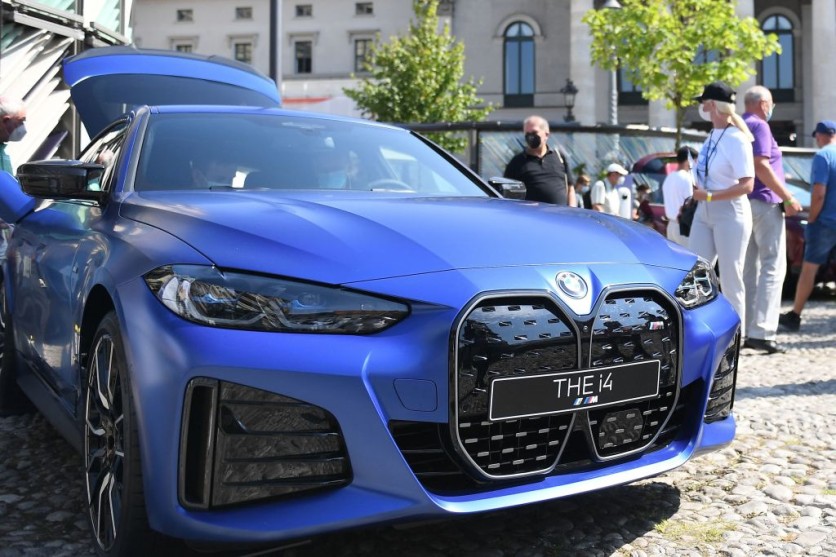BMW is one of the many automakers today that are launching new electric vehicles (EVs). Now, the company has announced details regarding their new battery packs for EVs that will come in 2025, according to Gear Patrol.

The New Battery Packs
The new BMW packs will use round battery cells, which will be 20 percent more energy dense compared to the existing ones. These will improve the range and charging speed by 30 percent.
Aside from a performance boost, the batteries will also be cleaner to produce. The manufacturer will use a reduced amount of cobalt, lithium, and nickel to reduce the carbon footprint of the batteries by 60 percent. With this, the battery cells will be cheaper to produce.
According to Autocar, the new battery cells will push the maximum range of EVs to approximately 620 miles. They also believe that the next-gen battery cells could keep the same range and get smaller and lighter.
The new battery cells will be built at their six facilities located in various parts of the world. Two will be in the USMCA (United States, Mexico, Canada) free trade agreement zone that will help the EVs eligible for federal EV tax credits.
Also Read: BMW's Neue Klasse Will be a Compact Electric Sedan and SUV
The Issues With EV Battery Production
Currently, the increasing demand for EVs is pushing automakers to move up the timeline for EV production. They don't want to miss the EV revolution. Thus, the race to be the first to mass produce EVs for the mainstream is taking place.
But, there's a problem with accelerating EV production today. The major issue is battery production. It's not that the battery manufacturers can't produce the same. It's a matter of cost efficiency and time.
The supply chains are also a problem. Automakers are currently manufacturing EVs in different parts of the world. This makes it harder for them to collate all the parts for the EVs. This makes for issues on the supply side of things. They need to source parts from multiple locations to make the EVs, and then ship them from different areas to the final plant where they are assembled.
For the battery manufacturers, their supply chains will be the same. They will have to source parts from different locations for their production. This will cause delays and lead to unforeseeable results.
With the new battery cells from BMW, the above issues will be resolved. The new cells will be manufactured at six facilities and will be available within the USMCA. This will ease sourcing and will allow for the automakers to mass produce EVs.
Though EVs are currently expensive, it's a matter of time until they become cheaper to buy and maintain when compared to their internal combustion engine counterparts. They are also better for the environment. The new battery cells will improve the overall performance of EVs.
Related Article: BMW iX, i4 EVs Recall: Battery Fire Risks Detected on Car's Power Cells, NHTSA Wants to Avoid Charging
This article is owned by Tech Times
Written by April Fowell
ⓒ 2026 TECHTIMES.com All rights reserved. Do not reproduce without permission.




